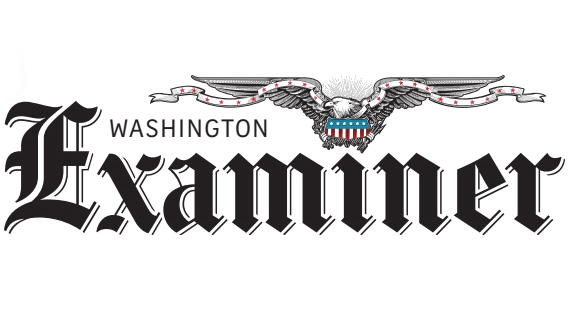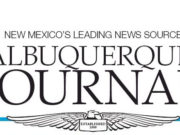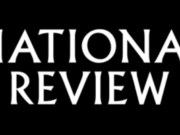This piece originally appeared in Washington Examiner on September 5, 2019.
The summer of 2019 was the summer of harassment for people who support candidates and causes.
Rep. Joaquin Castro’s tweet doxxing constituents who donated to President Trump’s campaign rightly drew criticism of the Texas Democrat from people of all stripes. Then, unfounded accusations that Olive Garden donated to Trump’s campaign briefly captured the internet’s attention, and scorn, once journalists reported the inconvenient fact that corporations are legally prohibited from donating to candidates. Even Hollywood actress Debra Messing sparked controversy for seemingly attempting to name and shame Trump supporters before backing down.
Where is all this coming from? As Castro noted in his attempt to defend his actions, the information he broadcast to over 200,000 followers on Twitter, the names and employers of Trump donors in his district, was already publicly available. Any curious individual can search the Federal Election Commission’s database of political donors to find this information.
That’s the problem.
For over 40 years, lawmakers have passed byzantine campaign finance laws that trample on the First Amendment in order to limit “money in politics.” Disclosure advocates claim that such laws keep politicians and the ultra-wealthy accountable and are not designed to target average citizens. But with a legal limit on contributions of just $2,800, it can’t be assumed that all campaign donors are ultra-wealthy.
In fact, the FEC’s database includes donor information for every American who gives over $200 to any congressional or presidential candidate. These laws aren’t just for the rich, they cast a spotlight on the political activity of ordinary people too. Those Americans are then left defenseless against mobs or lone harassers who seek them out.
This isn’t the first time firebrands have twisted the principle of transparency to subdue citizens’ speech. During the Civil Rights Movement, the state of Alabama tried to force the NAACP to hand over a list of its members. Realizing that this information would be used to target its supporters for retribution, the NAACP refused.
The ensuing court battle went all the way the U.S. Supreme Court, which ruled unanimously that Americans have a right to join and support advocacy groups without the government knowing about it.
This type of anonymity is not an anomaly in politics. Since 1892, Americans have voted for their representatives anonymously. This sacrosanct practice allows Americans to cast a ballot free from intimidation. It protects the integrity of U.S. elections and allows every voter to participate honestly in the selection of our government’s leaders.
Yet today, there is an effort to roll back the privacy protections established in NAACP v. Alabama and other cases. Some state legislators, and many in Congress, seek to force groups that speak about legislation or policy issues to expose their supporters. House Democrats’ top legislative priority for this year, a bill known as H.R. 1, would have done just that.
These disclosures penalize the civically engaged while creating barriers for others to participate. With campaign donor information already being abused, it is more important than ever to shield nonprofit groups and civic organizations from similar forms of harassment.
What’s needed today is not more disclosure and exposure, more naming and shaming, but rather a return to privacy and free speech as pillars of American politics. Americans should hear more speech from more people, including moderate voices and those representing minority viewpoints. Often, moderates will be least likely to speak up if they experience harassment or public shaming.
To protect speakers (and listeners) and allow the greatest number of participants, campaign finance and disclosure laws ought to be dramatically scaled back. Employer information should be eliminated, and the threshold for public disclosure should be raised and indexed to inflation.
Our political system is meant to channel citizens’ energies and passions toward productive ends. To use campaign finance disclosure to bully certain voices out of public discourse violates our deepest principles. It also exercises the same nefarious “influence” over American politics that such laws were intended to curtail.














